What if you have vitamin B12 deficiency and you don’t even know?
Vegetarians and vegans may want to take note.
Age, dietary choices, and lifestyle changes all play an important role in our ability to absorb nourishing vitamins from our food and optimize our health. While some nutrients are easily consumed, others can be a bit more tricky to include in our diet.
Vitamin B12, an important water-soluble vitamin, is one of those vitamins that can often slip through the cracks.
What Is Vitamin B12?
Vitamin B12 plays an essential role in maintaining a healthy nervous system, pumping oxygen around the body in our red blood cells, and in producing DNA. Women, particularly elderly women, are most vulnerable to health risks associated with vitamin B12 deficiency, but all ages and genders can be affected.
Because vitamin B12 is naturally found in animal foods, including meats, fish, poultry, eggs, and dairy, those following strict vegetarian and vegan diets are also susceptible to the health risks associated with a lack of the vitamin.

Even some animal products lose vitamin B12 in processing, so it’s essential that people consume bread and plant-based milks that are fortified with B12, or consume supplements in tablet form to get enough of this vitamin in their systems.
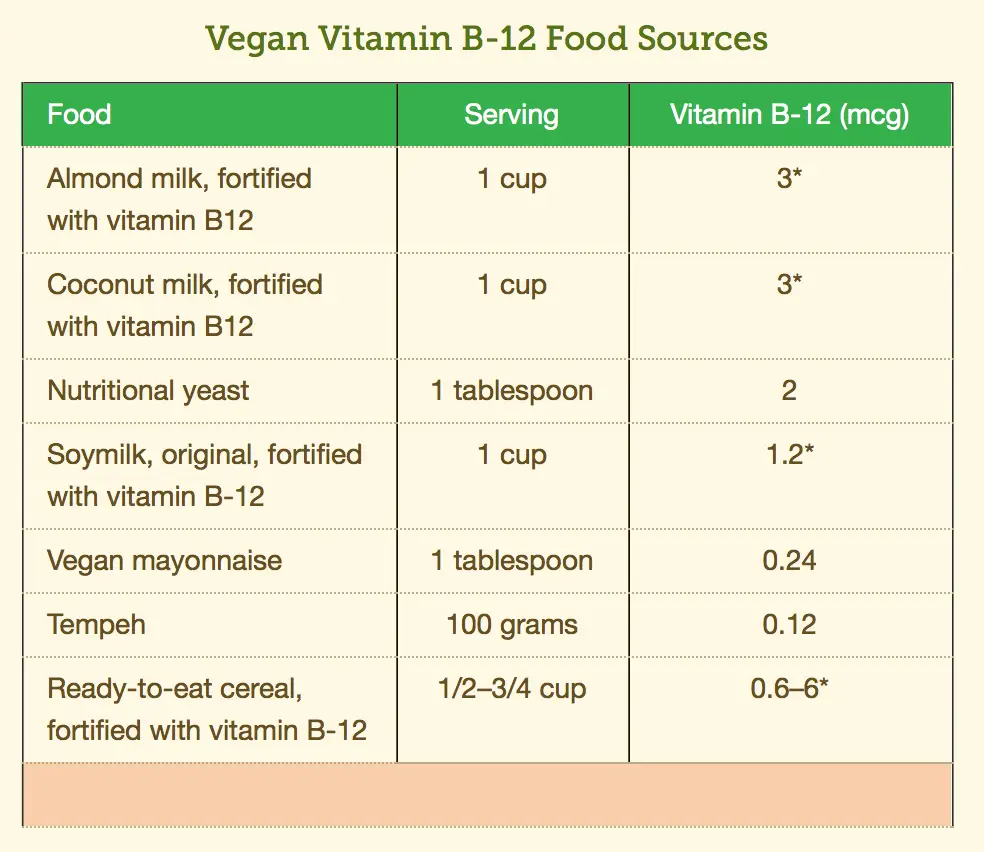
What Happens When Your Vitamin B12 Is Low?
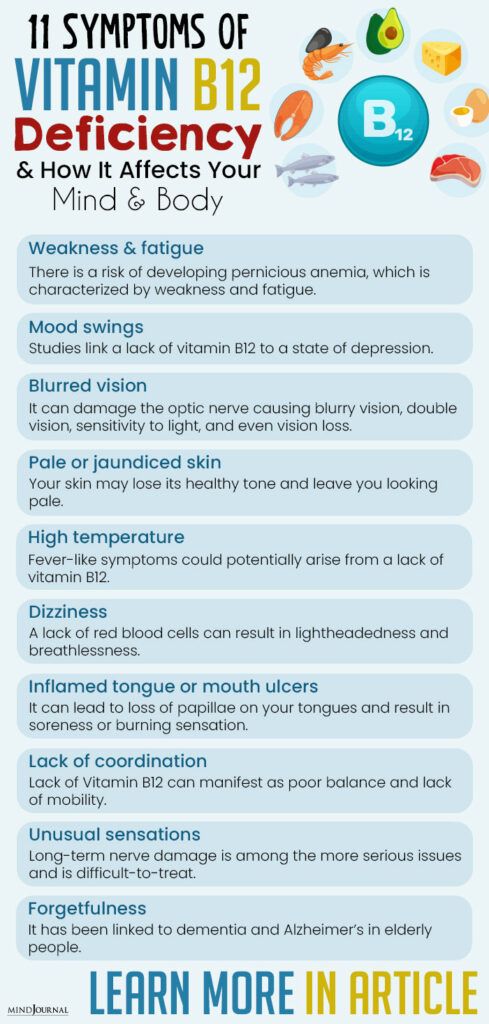
Vitamin B12 deficiency symptoms are subtle and may not always generate enough concern, but it’s important that you stay in touch with your body and consult a health professional if any of these 11 signs persist.
1. Weakness and fatigue
Vitamin B12 is needed in the formation of red blood cells, which help carry oxygen to the blood. Without oxygen flowing freely around your body, you’ll begin to feel tired and drained no matter how many naps you take.
Those lacking in vitamin B12 can be at risk of developing pernicious anemia, which is often characterized by weakness and fatigue.
Related: 8 Foot Exercises That Can Cure Back Pain in minutes
2. Mood swings
Studies linking a lack of vitamin B12 to depression state that low levels of the vitamin can interfere with signals to and from your brain, and cause damage to brain tissue. This inhibits your brain’s ability to regulate mood and retain information.
While there are many factors that contribute to mood changes and depression, it’s possible that increasing your B12 intake can support a healthy, balanced mental state.
Related: Dietary Changes Are Proven To Effectively Treat Major Depression
3. Blurred vision
If left untreated for an extended period of time, lack of B12 can damage the optic nerve or plug up the blood vessels in the retina, causing blurry vision, double vision, sensitivity to light, and even vision loss.
Thinning of the optic nerve due to lack of vitamin B12 is known as optic neuropathy. Typically, this damage can be reversed by supplementing your vitamin B12 intake.
4. Pale or jaundiced skin
Without B12 and red blood cells, your skin may lose its healthy tone and leave you looking pale or with a yellowish tinge on your skin and the whites of your eyes. This is known as jaundice.
Weakened red blood cells breakdown quicker, producing bilirubin, a brown-colored substance produced by the liver when it breaks down old blood cells, leading your skin to appear yellow.
5. High temperature
Though uncommon, fever-like symptoms could potentially arise from a lack of vitamin B12. Megaloblastic anemia, arising from a lack of vitamin B12, can cause a sharp increase in body-temperature if left untreated.
Limited research has been done into the causes of this anemia-induced fever, but this study did show that increased B12 intake resolved symptoms in patients presenting with high temperatures.
6. Dizziness
A lack of red blood cells can result in lightheadedness and breathlessness when oxygen is unable to access the brain. Those who are B12 deficient, and have developed anemia as a result, often report feelings of dizziness.
Related: 10+ Immunity Boosting Foods You Should Have More Often
7. Inflamed tongue or mouth ulcers
Because vitamin B12 helps to maintain a healthy nervous system, a lack of the vitamin can cause people to lose the white bumps, or papillae, on their tongues.
This cause your tongue to become swollen and red, or even result in soreness or burning sensation. As symptoms get worse, mouth ulcers or itchiness may occur.
8. Lack of coordination
Linked to dizziness and fatigue, lack of B12 can manifest as poor balance and lack of mobility. Older people are particularly prone to this symptom, and it can have dangerous effects by increasing falls and disability
9. Unusual sensations
While most side effects of B12 deficiency are easily reversed, long-term nerve damage is among the more serious and is difficult-to-treat.
B12 aids in the production of myelin, a fatty substance that surrounds and protects nerves. Without this, your nervous system cannot function properly.
Frequent sensations of “pins and needles,” numbness, and shock waves running through your body could be caused by a lack of vitamin B12.
10. Forgetfulness
Vitamin B12 deficiency has been linked to dementia and Alzheimer’s in elderly people. Because our nervous systems affect our cognitive health and our ability to retain information, even young people lacking in vitamin B12 may notice their memory deteriorating.
Related: 22 Tips to Keep Your brain Sharp and Young At Any Age
11. Anxious feelings
Vitamin B12 is used in the production of serotonin and dopamine, important chemicals in the brain that help regulate the mood, and calm feelings of stress and anxiety. Without this vitamin, worries and anxiety can mount, resulting in harmful mental health issues.
If you observe these signs of vitamin B12 deficiency then consult your doctor without any delay. There may be subtle signs but if ignored may turn dangerous.
Written by Alice Kelly
Originally appeared on: Your Tango
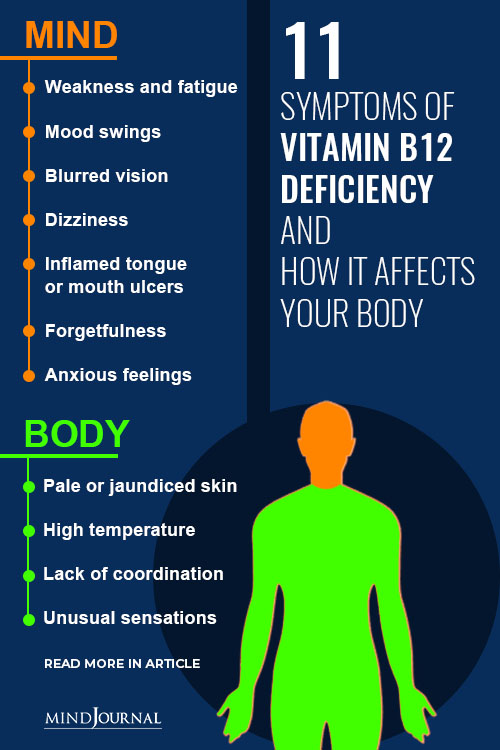
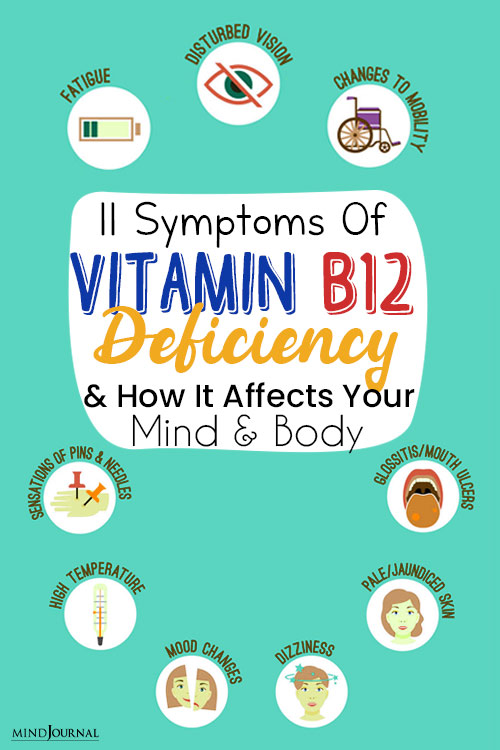
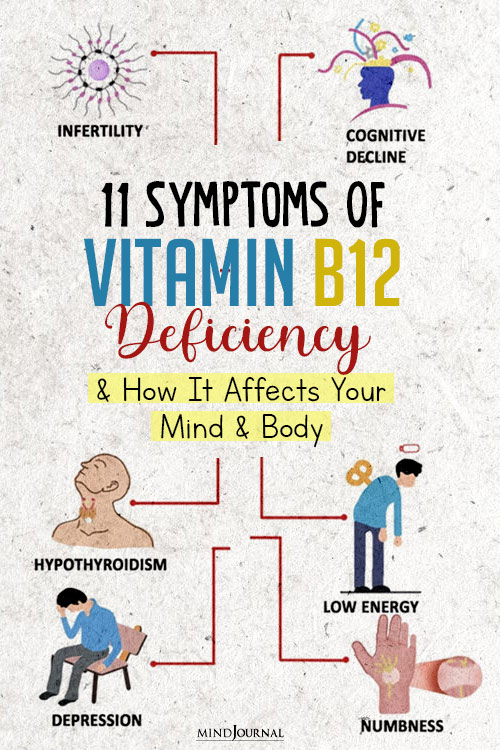
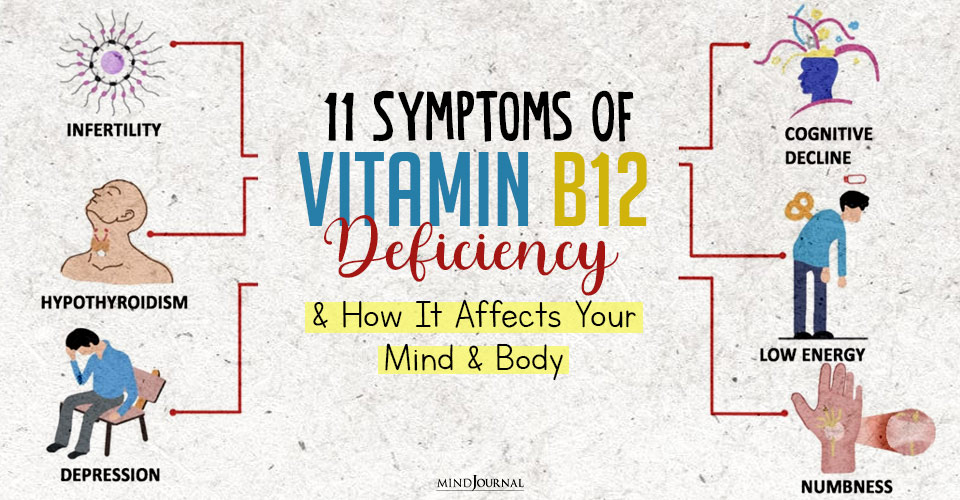

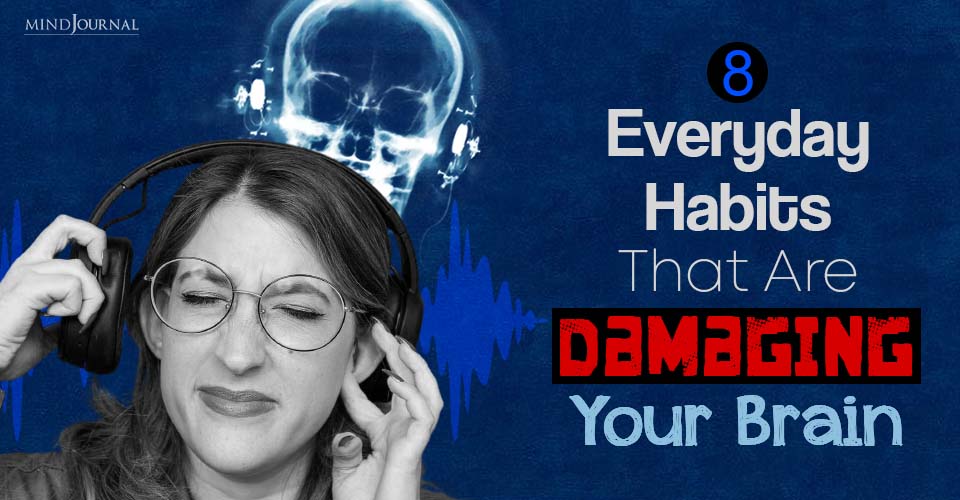

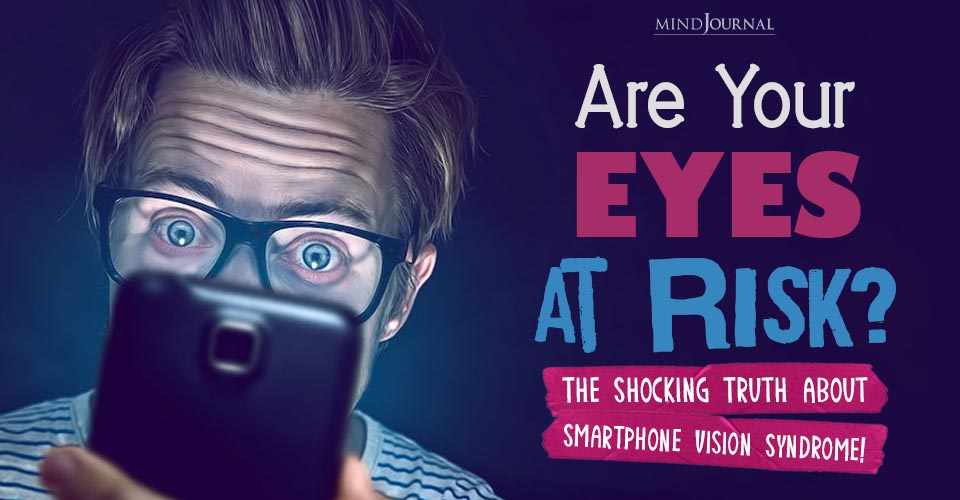



Leave a Reply
You must be logged in to post a comment.